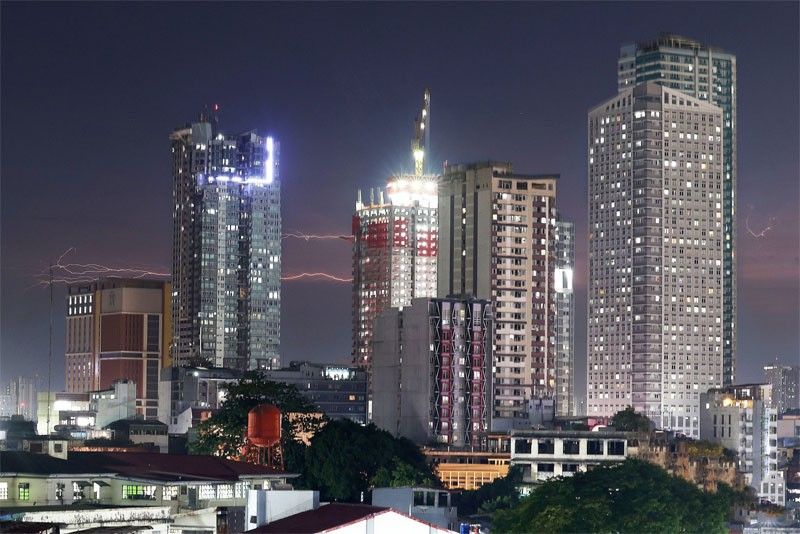
Manila, Philippines — The Philippine economy likely posted slower growth of 5.6 percent in the second quarter on weaker consumption, analysts said.
During the First Metro Investment Corp. (FMIC) briefing yesterday, University of Asia and the Pacific economist Victor Abola said he saw a 5.6 percent gross domestic product (GDP) growth for the second quarter, slower than the 6.4 percent growth posted in the first quarter.
Abola said consumption spending is expected to have slowed down in the second quarter.
“It is really the carryover of the inflation into the second quarter. Even though it is lower, people have become more reluctant,” he said.
Headline inflation eased to 5.4 percent in June from 6.1 percent in the previous month as food prices posted slower upticks.
In the January to June period, inflation averaged 7.2 percent, still above the central bank’s two to four percent target range.
While consumption is expected to slow down in the second quarter, Abola said a rebound is expected in the second half of the year.
Abola expects full-year GDP growth for 2023 to be at 6.1 percent, at the low end of the government’s six to seven percent growth target.
“We continue to be optimistic and we believe that the GDP will expand by 6.1 percent this year, as we expect strong domestic demand to remain a key driver of growth,” FMIC president Jose Patricio Dumlao said.
“This positive momentum will be supported by prudent fiscal management, heightened infrastructure spending, and enhanced business and consumer confidence,” he said further.
For 2024, Abola said the economy is expected to grow by 6.5 percent as “a lot of infrastructure projects are coming into play.”
He said the government’s housing program, which will go full swing next year to address the backlog, is seen to support economic growth.
For next year, the government has set a 6.5 to eight percent economic growth target.
